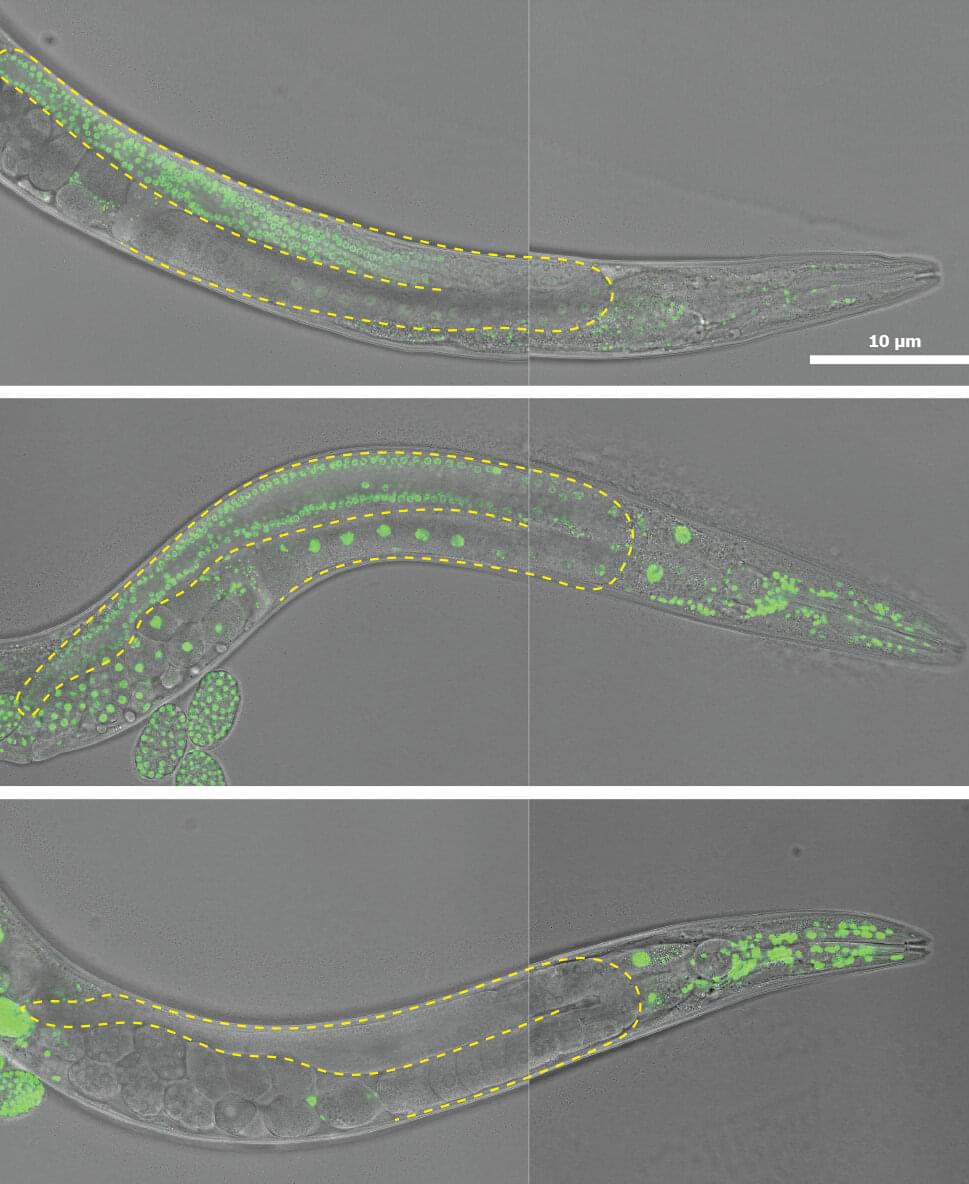Researchers have spotted how specific proteins within the chromosomes of roundworms enable their offspring to produce specialized cells generations later, a startling finding that upends classical thinking that hereditary information for cell differentiation is mostly ingrained within DNA and other genetic factors.
The Johns Hopkins University team reports for the first time the mechanisms by which a protein known as histone H3 controls when and how worm embryos produce both highly specific cells and pluripotent cells, cells that can turn certain genes on and off to produce varying kinds of body tissue. The details are published today in Science Advances.
The new research could shed light on how mutations associated with these proteins influence various diseases. In children and young adults, for example, histone H3 is closely associated with various cancers.
